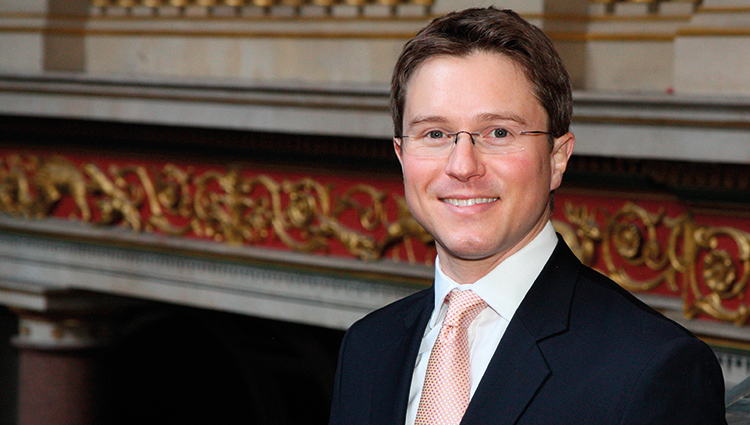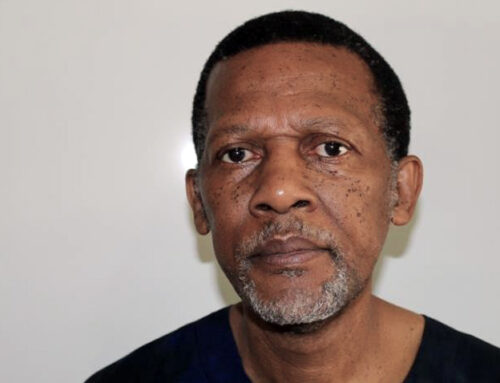
Considering Rwanda to be a true African success story, the United Kingdom is the country’s biggest bilateral donor, providing millions for developmental aid aimed at tackling the challenges and boosting economic growth. Referring to Rwanda as one of UK’s closest allies in the region, William Gelling, High Commissioner of the United Kingdom, discusses the bilateral relations and the areas of assistance and cooperation.
European Times: How would you describe the support which UK provides to Rwanda?
William Gelling: The UK is committed to maintaining a broad range of support for Rwanda aimed at helping the country to tackle poverty, boost economic development, increase investments and create jobs. The strong partnership between our countries had a major impact over Rwanda’s remarkable progress in the past two decades. The UK contributed £101 million in 2015 as development aid, which significantly increases if you take into consideration the EU contributions.
European Times: Which are some of UK’s major investments?
William Gelling: Through the Department for International Development, we have provided assistance and aid in numerous areas. We support the Rwanda Revenue Authority and its Electronic Cargo Tracking System through the Trade Mark East Africa programme, which is developing innovative digital technologies to reduce the cost of trade and increase domestic tax revenues. With this type of programs and projects, we provide expertise aimed at increasing Rwanda’s tax income. The UK is the country’s lead development partner in many areas, such a building robust institutions, developing the primary education, increasing trade and investments, furthering the economic integration, digitalization and building a more attractive business climate. We are aiming to have a bilateral relationship built in the future more on trade rather than financial aid and assistance.
Over the last several years, with its financial aid and assistance, the UK has helped to improve the land and property rights for 3.7 million people; enabled access to primary education for 354,000 children, provided 355,000 people with access to financial services; and boosted opportunities for 390,000 of the poorest Rwandans.
European Times: What are the challenges for investors?
William Gelling: In terms of tackling the challenges which investors face, Rwanda must make efforts to increase the energy output of the country and reduce the cost for transportation. Additionally, focus should be put on capacity building and education in order to increase the quality of the human resources, and the UK is firmly committed to assist Rwanda in resolving these issues.
European Times: Why should investors choose Rwanda?
William Gelling: Rwanda is a unique country which offers peace, stability and significant opportunities for investors in various sectors, including in power generation, infrastructure, transport, agriculture and minerals, as well as in business services, consultancy and architecture. With its strategic location and significant reforms, the country has achieved high economic growth and has become an attractive investment destination.




